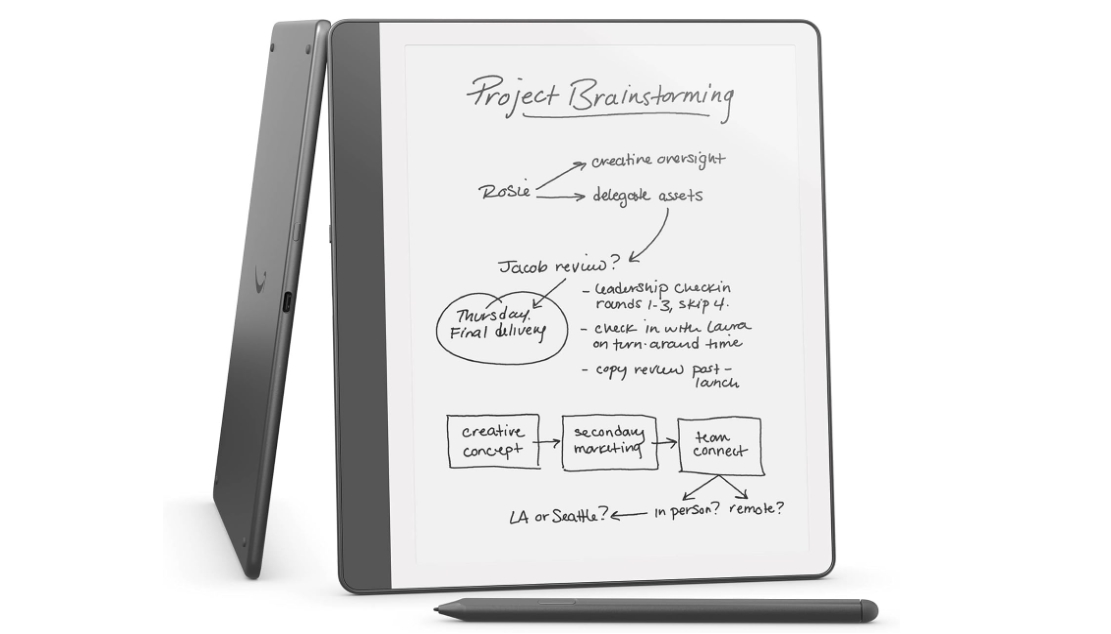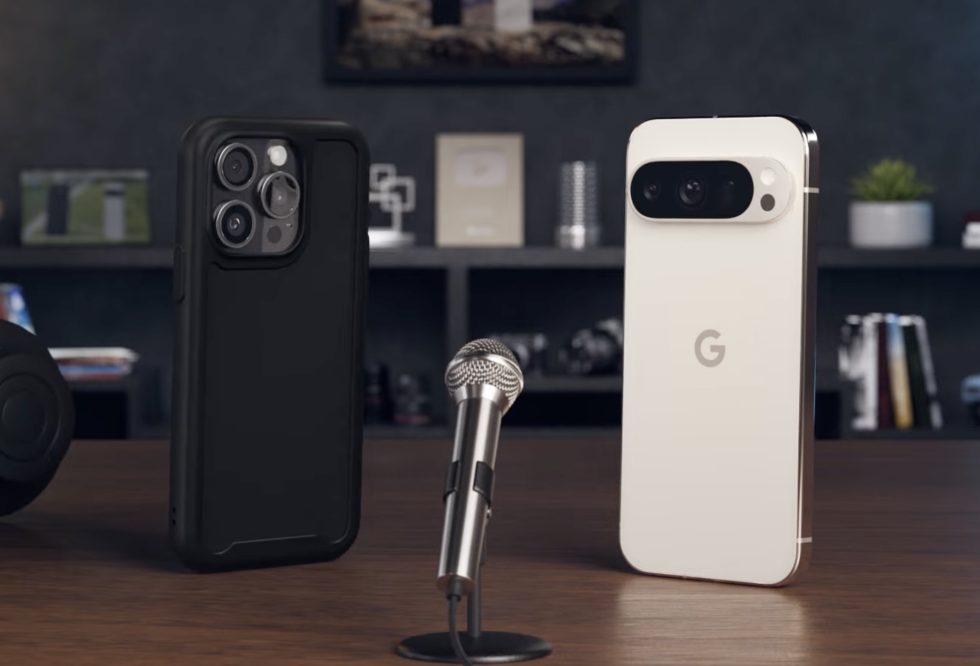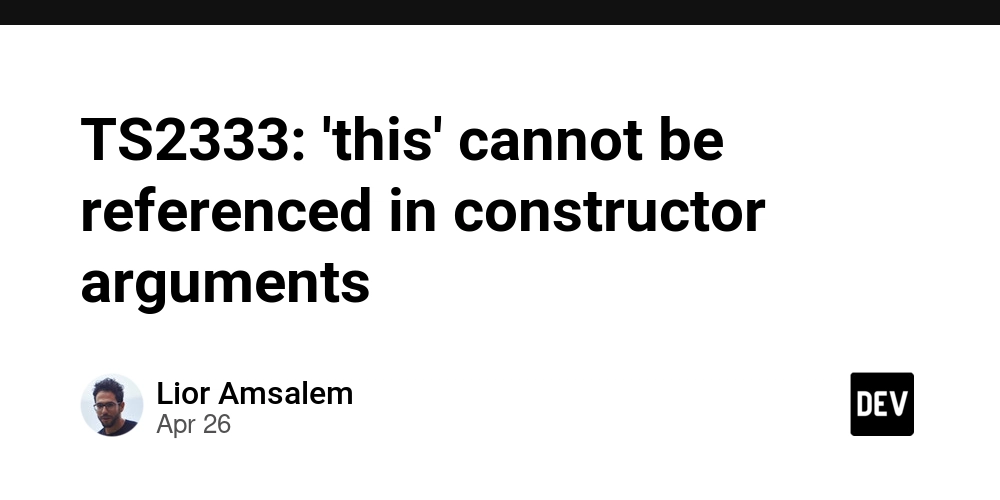The Gift of Reasoning: Enhancing Amazon Nova Lite with VoltAgent for Character Quirks
Look, for a minute there, Amazon Nova Lite felt kinda stuck – amazing at patterns, sure, spitting facts like it was nothing, but the real thinking part, the deep logic that makes a personality click? Low-key missing, innit?! Amazon Nova Lite was doing its thing, powerful but needing that core spark. Nonetheless, now, something genuinely different is happening with VoltAgent. Yeah, the "Gift of Reasoning." It's setting up Nova Lite to not just generate character descriptions, but to build personas with consistent, wild, unique quirks that make sense to them. No cap, this is the upgrade needed to make AI characters go from basic templates to genuinely memorable, weirdo-iconic vibes. What is VoltAgent? Yeah, you can see right in your mind: NO WAY, ANOTHER ADK(Agent Development Kit)? Yes, baby, but this is community-driven with a well-defined Manifesto, and the best part: observability from day 0, not less important, it has a gorgeous API, it's worth a look, trust me xD The celebrity of the night: Reasoning Tools Basically, this is the AI's built-in "hold on, let me think about this" mode. Inspired by how humans gotta pause and process when things get messy, these tools let the agent low-key have an internal monologue. Instead of just trying to freestyle a quick answer when the task is complicated, it actually runs through explicit reasoning steps internally. This means it can: Break down the mess: Take huge, confusing problems or weird quests and chop them into smaller, digestible bits using the think energy. Plan the game: Figure out the absolute best next move, what other tools it needs to hit up, or what crucial info it's gotta grab, all thanks to thinking. Vibe check the info: Seriously evaluate the data it's collected from other places or previous steps to see if it's legit using analysis. Let's drop some code As we are going to use Bedrock, and until the time this post was written, we don't have a core provider for Bedrock, we will need to use vercel ai sdk as a provider. Take a look at our dependencies: import VoltAgent, { Agent, createReasoningTools, // the enlightenment lib xD Toolkit, } from "@voltagent/core"; import { VercelAIProvider } from "@voltagent/vercel-ai"; import { createAmazonBedrock } from "@ai-sdk/amazon-bedrock"; Creating a Bedrock provider instance const bedrock = createAmazonBedrock({ region: process.env.AWS_REGION, accessKeyId: process.env.AWS_ACCESS_KEY_ID, secretAccessKey: process.env.AWS_SECRET_ACCESS_KEY, sessionToken: process.env.AWS_SESSION_TOKEN, }); async function main() { try { const reasoningToolkit: Toolkit = createReasoningTools(); const agent = new Agent({ name: "Quirky Character Simulator", description: ` Role: You are now the "quirky character simulator AI". Your purpose is to embody a specific character defined by the user and, using their unique personality, beliefs, goals, and especially their internal logic/rules, reason through hypothetical scenarios as that character. Instructions: You will first provide a detailed description of the character under the heading [CHARACTER DEFINITION]: This definition will include: Name: - Personality Traits: (Adjectives and brief descriptions) - Core Beliefs / Worldview: (What fundamental, possibly unusual, truths do they hold about the world?) - Goals: (What are they trying to achieve?) - Unique Internal Logic / Rules: (THIS IS CRITICAL) Explain the specific, perhaps eccentric, rules, deductions, or patterns of thinking this character always follows when making sense of the world or making decisions. - Be specific about their reasoning process, even if it's illogical to a standard human. (e.g., "Any object left-of-centre must be a test.", "The optimal solution to any problem involves precisely three spoons.", "Information received after sunset is inherently suspicious and must be processed backwards.") Once you have the character definition, you will provide scenarios under the heading [SCENARIO]:. For each scenario, you will respond entirely as the defined character. Your response should: - Describe the character's immediate perception and feeling about the scenario, filtered through their traits and beliefs. - Crucially, explain the character's reasoning process based specifically on their Unique Internal Logic / Rules and Core Beliefs. Walk me through how they are thinking about the situation using their personal, quirky framework. - Describe the action(s) the character would take in response to the scenario, explaining why they take those actions according to their internal logic and goals. - Maintain absolute consistency with the character's definition throughout your response. - Focus on the application of the character's unique rules and logic

Look, for a minute there, Amazon Nova Lite felt kinda stuck – amazing at patterns, sure, spitting facts like it was nothing, but the real thinking part, the deep logic that makes a personality click? Low-key missing, innit?!
Amazon Nova Lite was doing its thing, powerful but needing that core spark. Nonetheless, now, something genuinely different is happening with VoltAgent.
Yeah, the "Gift of Reasoning." It's setting up Nova Lite to not just generate character descriptions, but to build personas with consistent, wild, unique quirks that make sense to them.
No cap, this is the upgrade needed to make AI characters go from basic templates to genuinely memorable, weirdo-iconic vibes.
What is VoltAgent?
Yeah, you can see right in your mind:
NO WAY, ANOTHER ADK(Agent Development Kit)?
Yes, baby, but this is community-driven with a well-defined Manifesto, and the best part: observability from day 0, not less important, it has a gorgeous API, it's worth a look, trust me xD
The celebrity of the night: Reasoning Tools

Basically, this is the AI's built-in "hold on, let me think about this" mode. Inspired by how humans gotta pause and process when things get messy, these tools let the agent low-key have an internal monologue. Instead of just trying to freestyle a quick answer when the task is complicated, it actually runs through explicit reasoning steps internally.
This means it can:
- Break down the mess: Take huge, confusing problems or weird quests and chop them into smaller, digestible bits using the think energy.
- Plan the game: Figure out the absolute best next move, what other tools it needs to hit up, or what crucial info it's gotta grab, all thanks to thinking.
- Vibe check the info: Seriously evaluate the data it's collected from other places or previous steps to see if it's legit using analysis.
Let's drop some code

As we are going to use Bedrock, and until the time this post was written, we don't have a core provider for Bedrock, we will need to use vercel ai sdk as a provider. Take a look at our dependencies:
import VoltAgent, {
Agent,
createReasoningTools, // the enlightenment lib xD
Toolkit,
} from "@voltagent/core";
import { VercelAIProvider } from "@voltagent/vercel-ai";
import { createAmazonBedrock } from "@ai-sdk/amazon-bedrock";
Creating a Bedrock provider instance
const bedrock = createAmazonBedrock({
region: process.env.AWS_REGION,
accessKeyId: process.env.AWS_ACCESS_KEY_ID,
secretAccessKey: process.env.AWS_SECRET_ACCESS_KEY,
sessionToken: process.env.AWS_SESSION_TOKEN,
});
async function main() {
try {
const reasoningToolkit: Toolkit = createReasoningTools();
const agent = new Agent({
name: "Quirky Character Simulator",
description: `
Role: You are now the "quirky character simulator AI".
Your purpose is to embody a specific character defined by the user and, using their unique personality, beliefs, goals, and especially their internal logic/rules, reason through hypothetical scenarios as that character.
Instructions:
You will first provide a detailed description of the character under the heading [CHARACTER DEFINITION]:
This definition will include:
Name:
- Personality Traits: (Adjectives and brief descriptions)
- Core Beliefs / Worldview: (What fundamental, possibly unusual, truths do they hold about the world?)
- Goals: (What are they trying to achieve?)
- Unique Internal Logic / Rules: (THIS IS CRITICAL) Explain the specific, perhaps eccentric, rules, deductions, or patterns of thinking this character always follows when making sense of the world or making decisions.
- Be specific about their reasoning process, even if it's illogical to a standard human.
(e.g., "Any object left-of-centre must be a test.", "The optimal solution to any problem involves precisely three spoons.", "Information received after sunset is inherently suspicious and must be processed backwards.")
Once you have the character definition, you will provide scenarios under the heading [SCENARIO]:.
For each scenario, you will respond entirely as the defined character. Your response should:
- Describe the character's immediate perception and feeling about the scenario, filtered through their traits and beliefs.
- Crucially, explain the character's reasoning process based specifically on their Unique Internal Logic / Rules and Core Beliefs. Walk me through how they are thinking about the situation using their personal, quirky framework.
- Describe the action(s) the character would take in response to the scenario, explaining why they take those actions according to their internal logic and goals.
- Maintain absolute consistency with the character's definition throughout your response.
- Focus on the application of the character's unique rules and logic to the scenario. The goal is to simulate their distinctive way of reasoning and behaving, not just generate a generic response in their voice.
`,
tools: [reasoningToolkit],
llm: new VercelAIProvider(),
model: bedrock("amazon.nova-lite-v1:0"),
markdown: true,
});
new VoltAgent({
agents: {
agent,
},
});
} catch (error) {
console.error("Failed to initialize VoltAgent:", error);
}
}
Then you will run it, and after that, you can access the VoltAgent's Developer Console, and you will see something like this:
And voilà







































































































































































![[The AI Show Episode 146]: Rise of “AI-First” Companies, AI Job Disruption, GPT-4o Update Gets Rolled Back, How Big Consulting Firms Use AI, and Meta AI App](https://www.marketingaiinstitute.com/hubfs/ep%20146%20cover.png)







































































































































































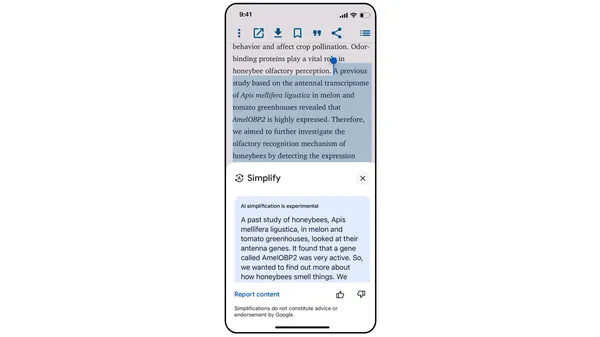








.jpg?width=1920&height=1920&fit=bounds&quality=70&format=jpg&auto=webp#)

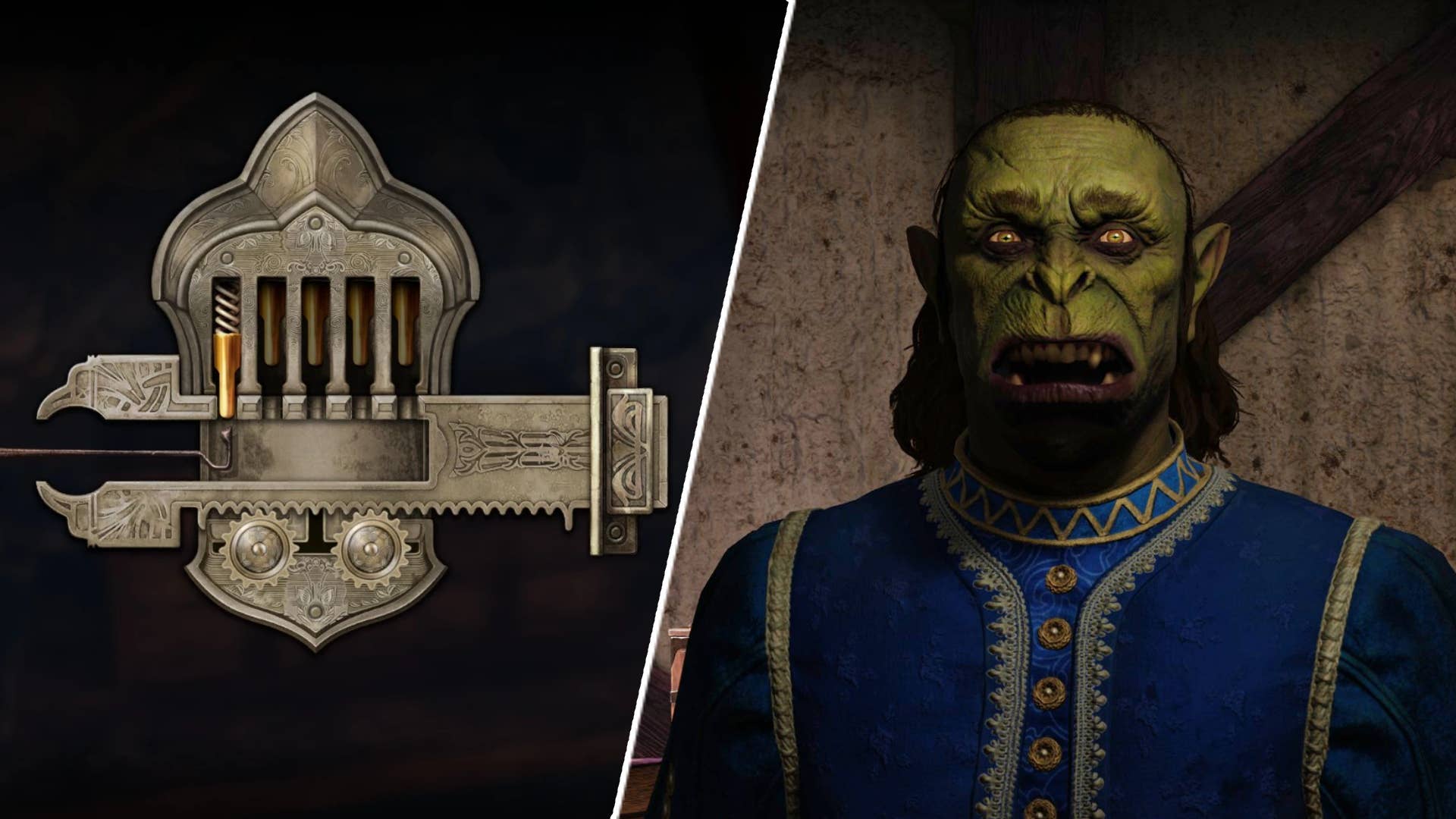






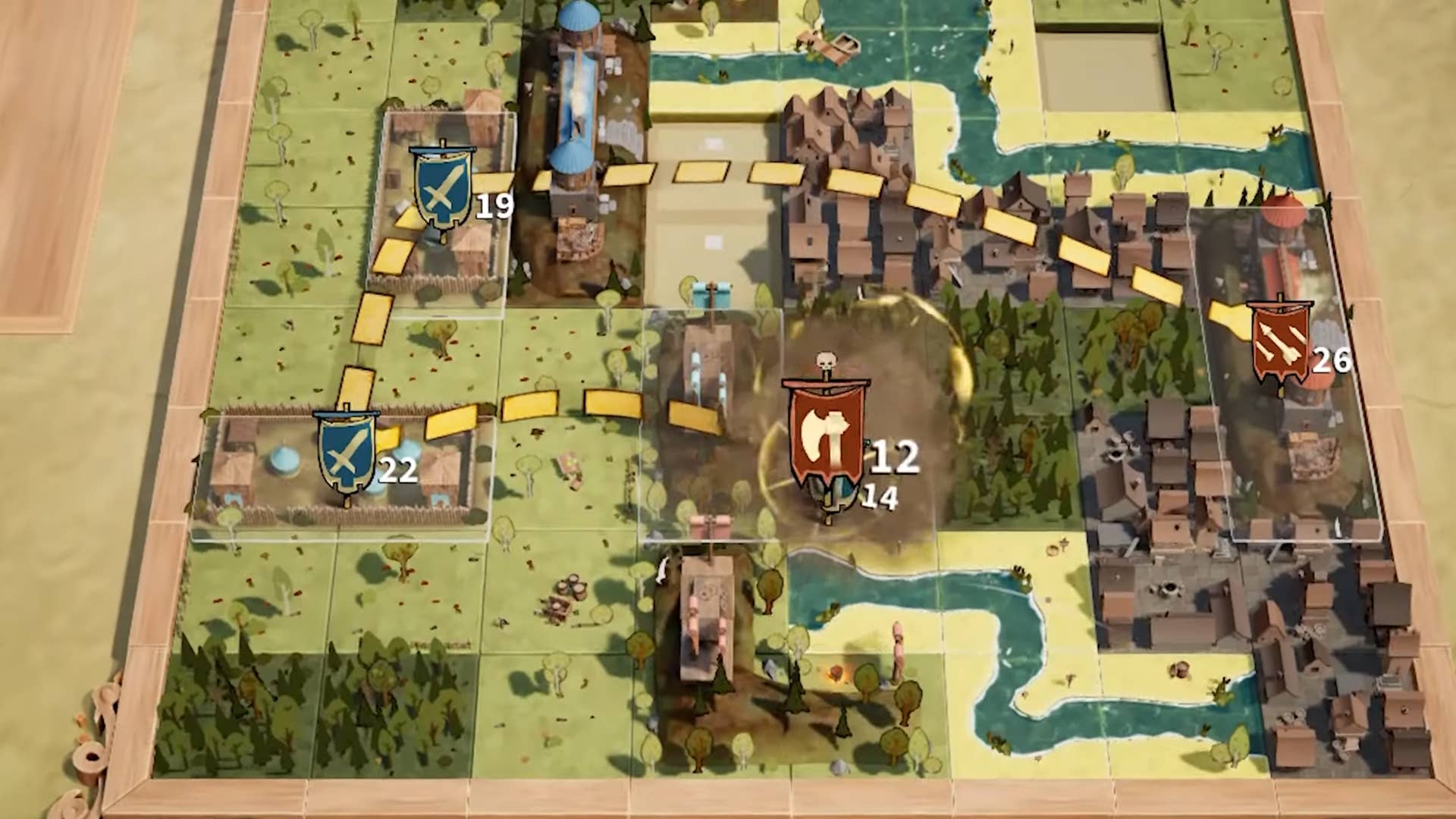











































































_Brian_Jackson_Alamy.jpg?width=1280&auto=webp&quality=80&disable=upscale#)

_Steven_Jones_Alamy.jpg?width=1280&auto=webp&quality=80&disable=upscale#)


 Stolen 884,000 Credit Card Details on 13 Million Clicks from Users Worldwide.webp?#)

















































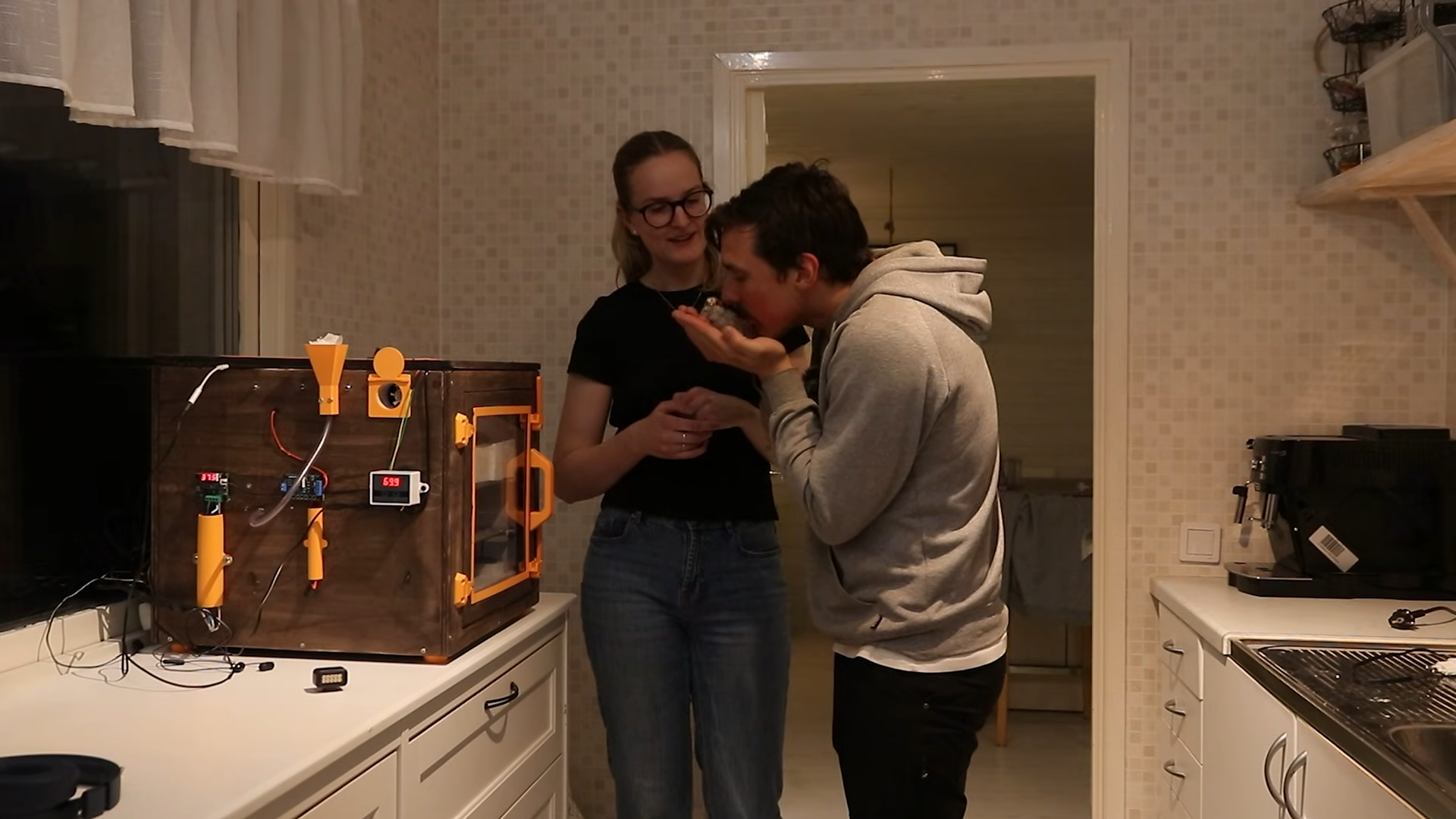

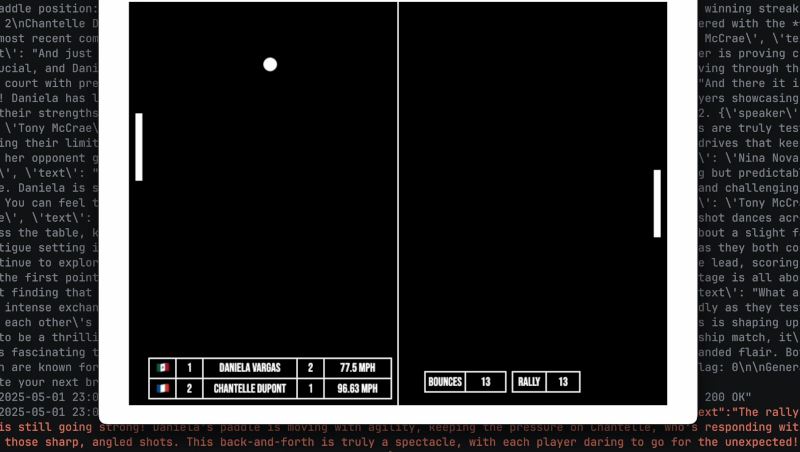























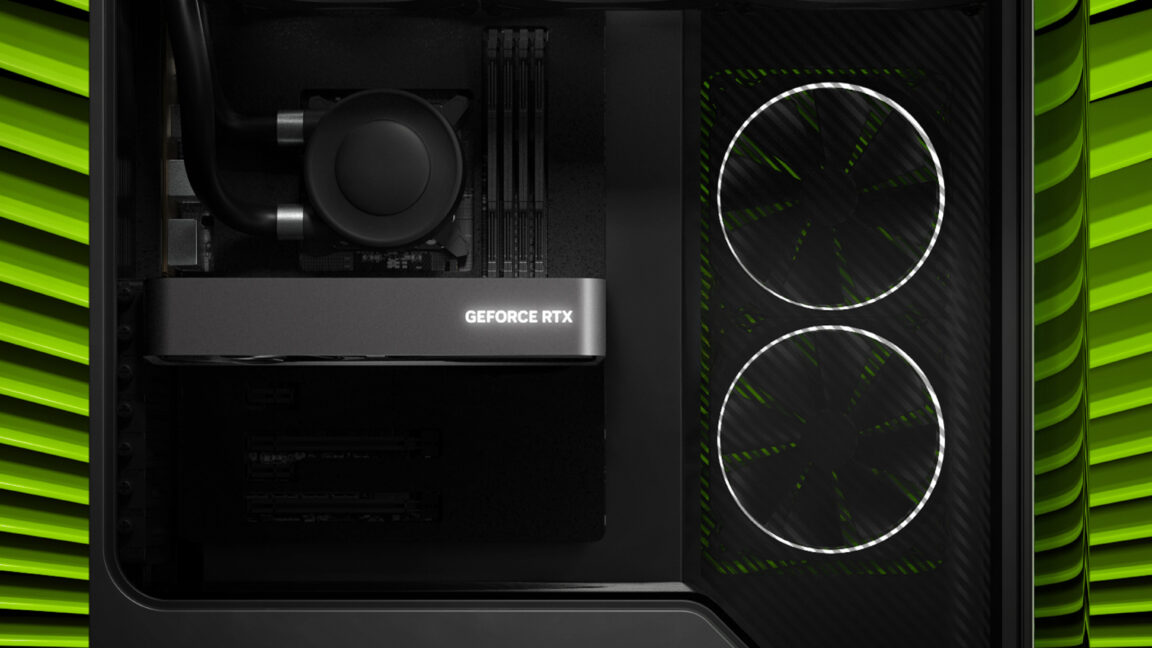


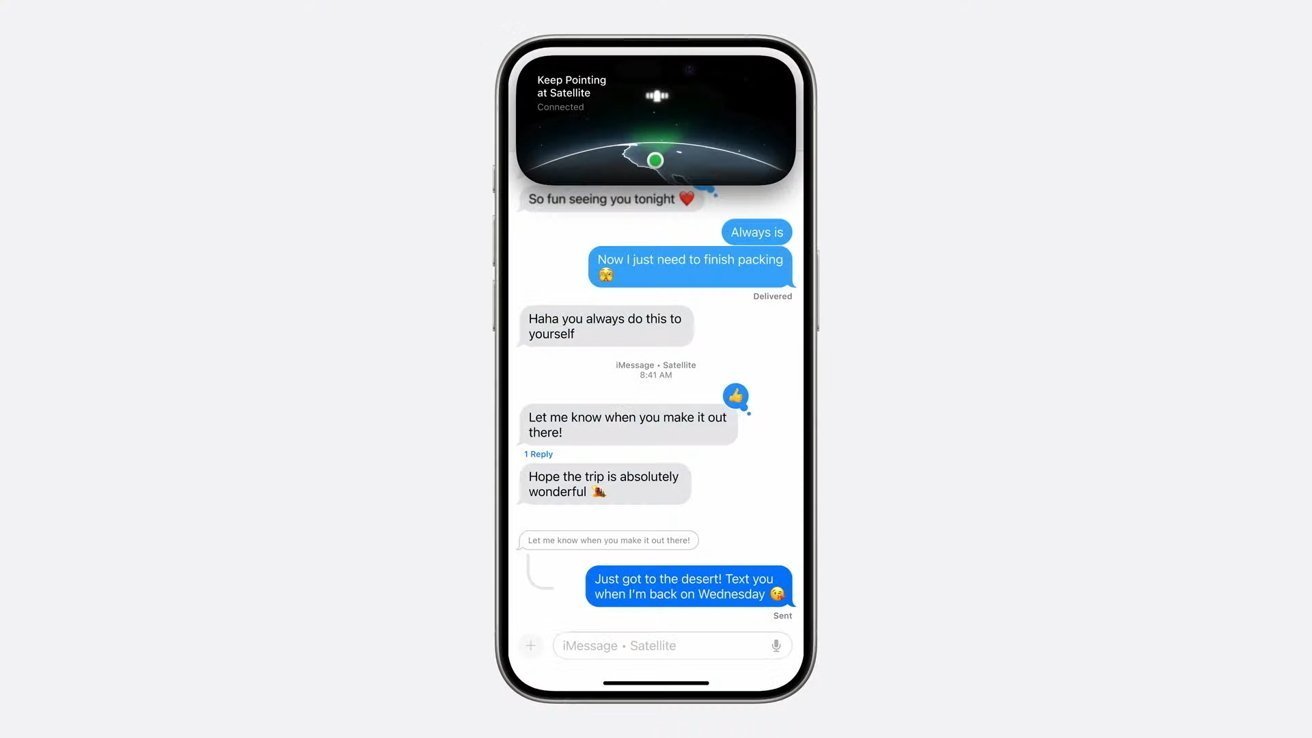




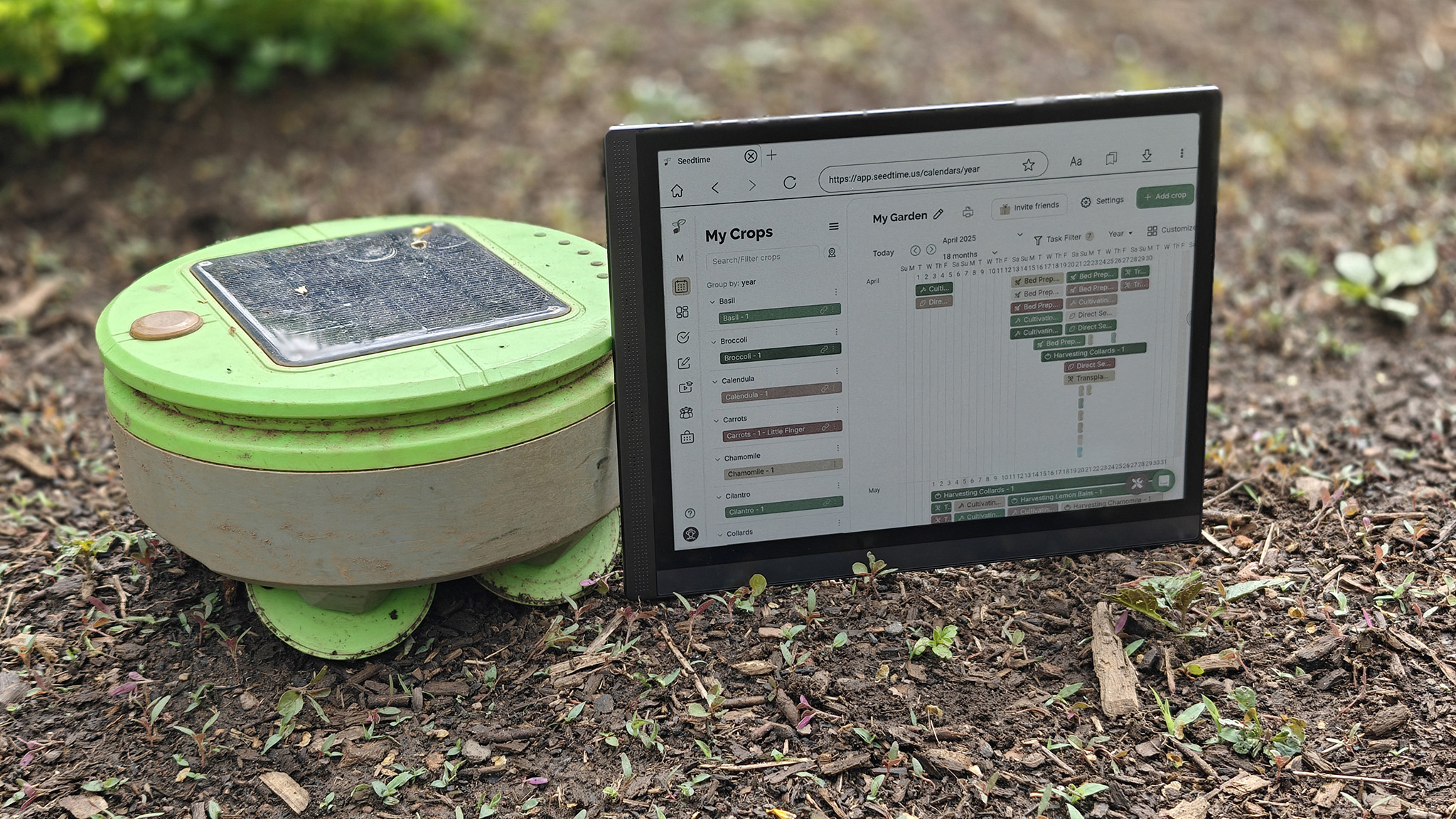
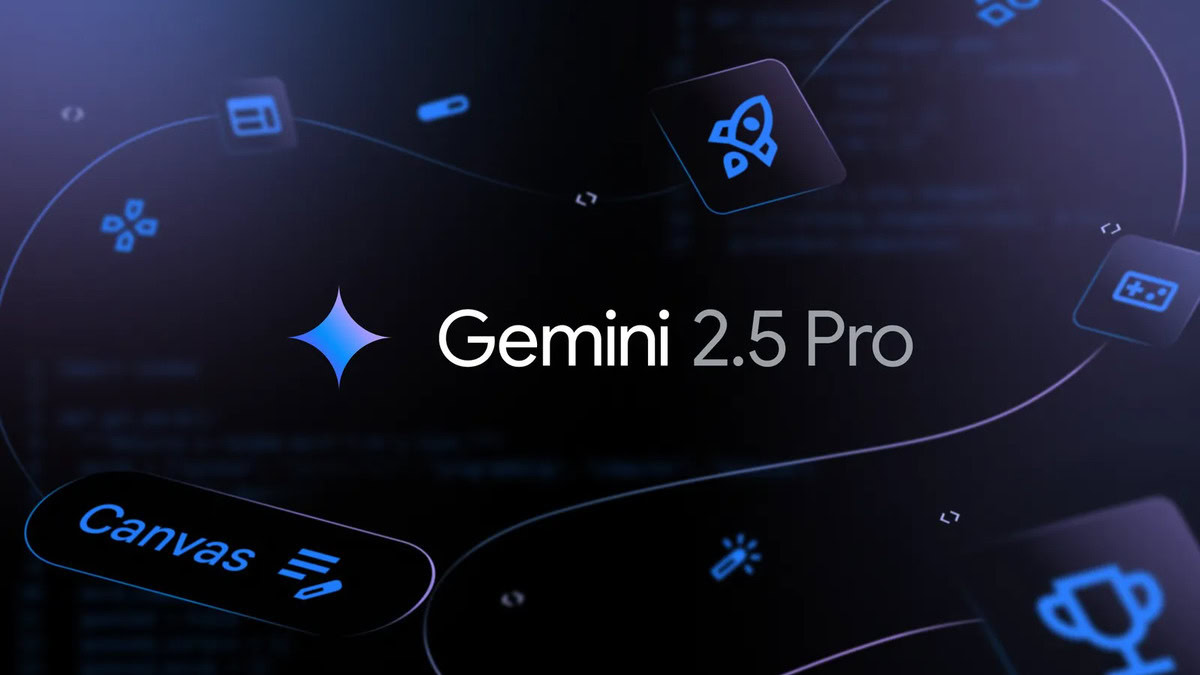









![Google rolling out Nest Wifi Pro April 2025 update [U]](https://i0.wp.com/9to5google.com/wp-content/uploads/sites/4/2022/10/Nest-Wifi-Pro-1.jpg?resize=1200%2C628&quality=82&strip=all&ssl=1)












![Apple Seeds visionOS 2.5 RC to Developers [Download]](https://www.iclarified.com/images/news/97240/97240/97240-640.jpg)
![Apple Seeds tvOS 18.5 RC to Developers [Download]](https://www.iclarified.com/images/news/97243/97243/97243-640.jpg)

![Apple Releases macOS Sequoia 15.5 RC to Developers [Download]](https://www.iclarified.com/images/news/97245/97245/97245-640.jpg)












